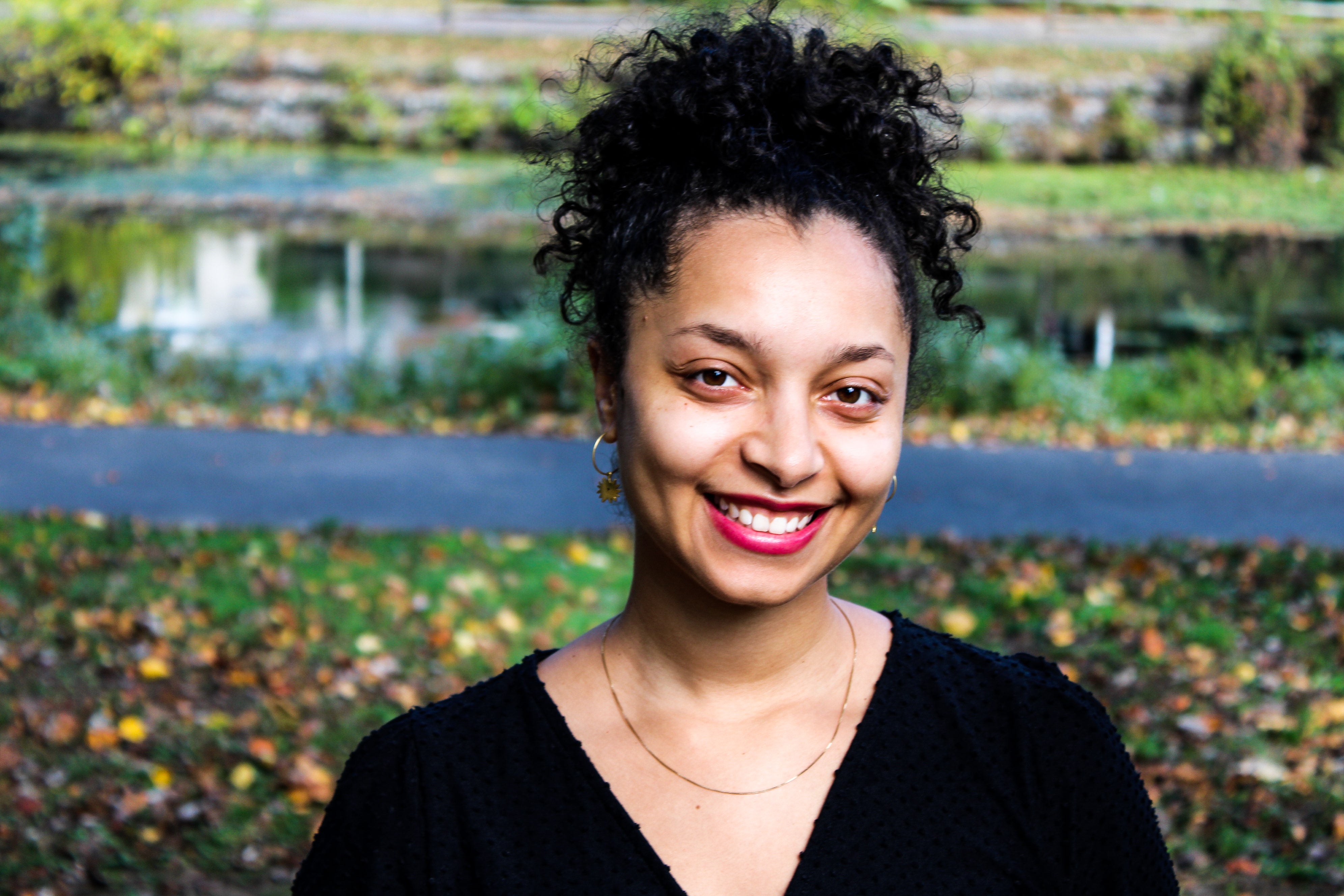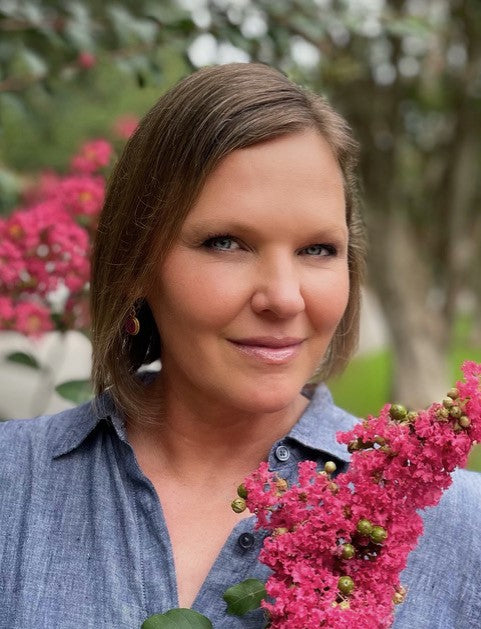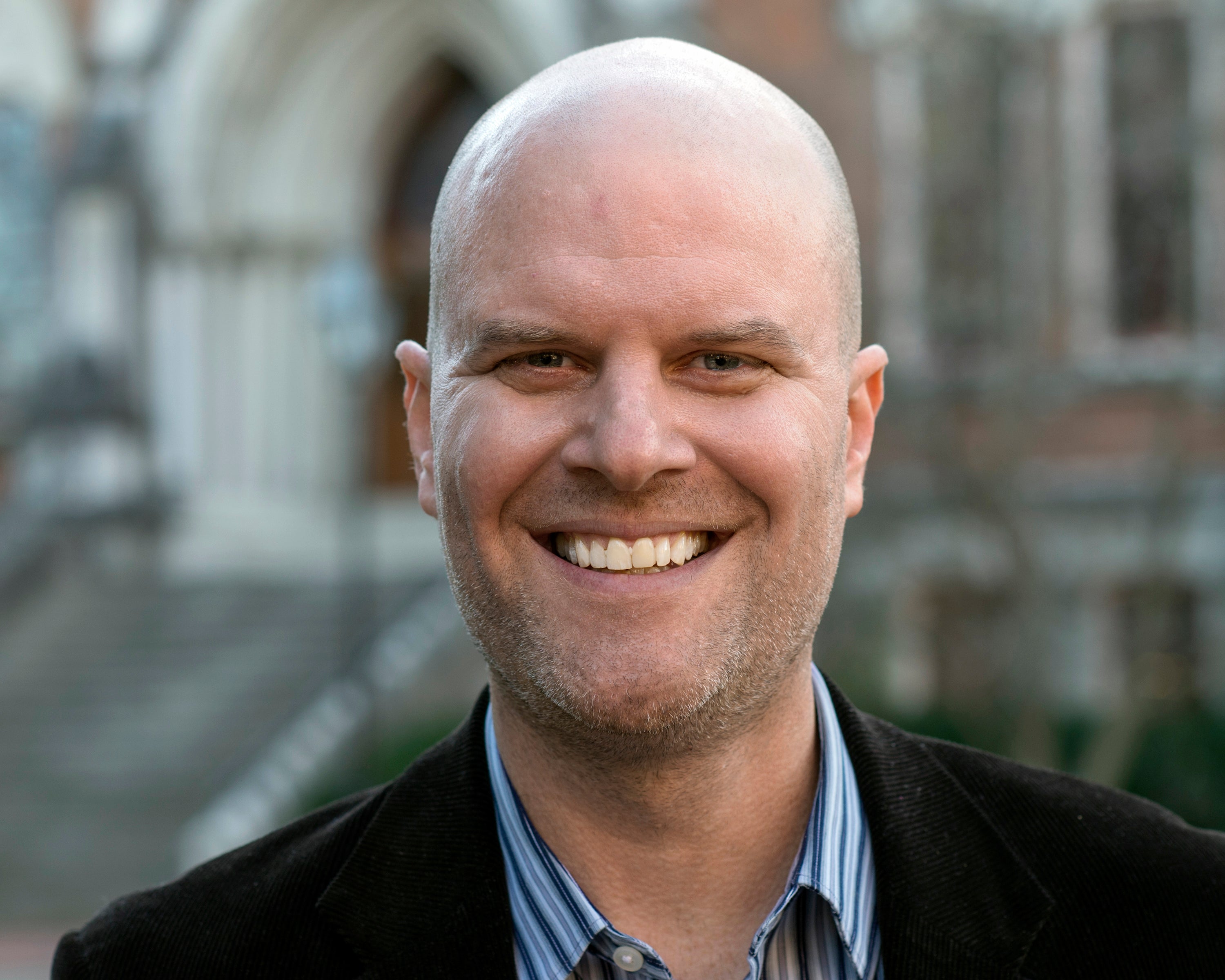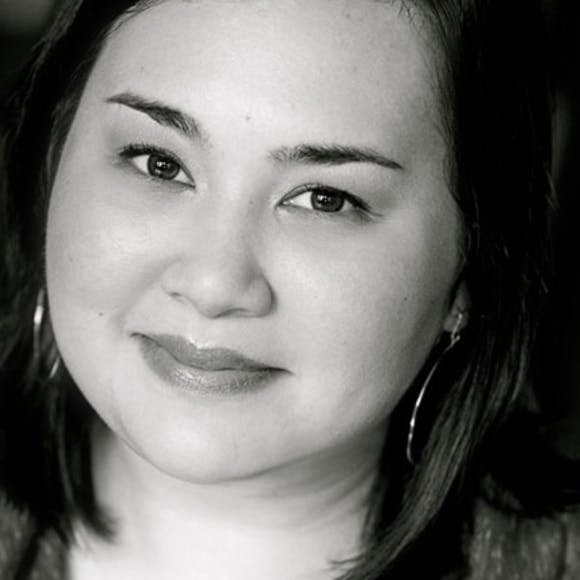Photo Credit: Alyssa Lein Bryant
Author Bio:
Alyssa Lein Bryant (Smith) is a writer and the CEO of Alein Creative. Before starting her own company in 2022, she held various roles at the legendary Quincy Jones Productions, Inc. which culminated in her final position as Vice President of Business (after 8.5 years with the company). Through her role at QJP, she has production credits on "Taking the Stage: Changing America," the dedication concert for the Smithsonian National Museum of African American History and Culture; "Soundtrack of America," the 5-night opening concert series for The Shed at Hudson Yards; "Soul of a Nation Celebration," the official concert dedicated to the Soul of a Nation exhibition at The Broad Museum; and more.
She is also the official co-author of Quincy Jones’ book, "12 Notes: On Life & Creativity" (2022). Through her role at Alein Creative, she remains in close connection with QJP as the Senior Advisor, as well as an advisor and manager for various entertainment entities including Music Box, a Women & BIPOC forward music solutions company, and artist ASHER YELO. In addition, she is a consultant, public speaker, speech writer, and aerialist. As a strong advocate for the advancement of females in executive-level positions, she has delivered speeches on the topic to audiences ranging from middle school students, to more than 1,000 top-level executives in the corporate world.
Her essay on thought-diversity, which outlines a research-based proposal with implementable practices for companies to utilize, received national recognition by U.S. Bank, Womenetics, and Delta Air Lines. As a result, she was one of only five women in the nation chosen to speak at the Global Women’s Initiative Conference in Atlanta, Georgia.
Furthermore, she is on the board of the new Institute of Arts and Innovation in LA and is one of three judges for Dua Lipa’s Kosovo talent search, in partnership with Lipa’s SunnyHill Foundation. She continues to use her voice, both in public speaking and writing, to affect positive change for various communities in which justice is frequently underserved.
1. “12 Notes” is an absolutely amazing book, what was the writing process like for this book?
Well, firstly, on behalf of Quincy and myself, thank you for reading! The unofficial writing process actually started about 9 years ago; however, I didn’t yet know it at the time. I had been researching Quincy’s work since I came in contact with his company and began working there, in 2013.
I knew that I would be a better asset to my role if I was informed about his history, because it would allow me to help the company move forward, while still retaining the essence of who he is.
The research I had compiled only began to snowball after I met him in person, and I was able to add his personality to words I had read, or interviews I had watched.
Long story short, this book was initially supposed to be a cookbook (because Q LOVES food), but then as we began to officially work on it in 2018, it morphed into what became this book of advice.
At a certain point, I felt pretty selfish to be sitting on a gold mine of advice that he would share with me and my team on a weekly basis, and it only made sense to pass that on to others. Little did we know, we’d be hit with a pandemic in 2020 and wouldn’t be able to see each other every week like we had previously done.
So, we began to branch off and work on individual sections until we were able to quarantine, test, and finally meet in person to merge our work.
There were many obstacles thrown in our paths, but we ultimately knew that if we could just push through and finish it, the book would be something tangible to pass on for generations to come. And now that we get to see all of the positive responses, we know it was well worth it!
2. Was there's a "13th” principle that almost made the book but didn't? If so, what would it be?
Definitely! There were plenty. One of them was based upon his favorite sayings—“There’s a reason why God gave us two ears and one month; because we need to listen twice as much as we talk.”
We both came to the conclusion that this sentiment would be better utilized within one of the Notes, rather than a standalone chapter; so, you’ll still see it within the pages, just not as its own title.
3. Which of the 12 Notes resonates most with you and was there a time in your life that it was hard to uphold any of the principles?
Note A, the very first in the book, is the most near and dear to my heart. Not only is it the main principle that pushed Quincy to overcome his childhood traumas and become the incredible individual he has become, but it is also reflective of my own life experiences.
Having also been faced with a great deal of traumatic events of my own, being able to channel those struggles into fuel for my future is the reason I am even here today. It wasn’t, and I don’t ever expect that process to be easy, but I guarantee it’s necessary for growth.
4. Working with Quincy Jones, do you have a memory of a time when one of the 12 Notes came into play?
100%. I’d have to say, F#: Understanding The Value Of Relationships. As Quincy alludes to in the book, the entertainment industry is very small, and it’s important to respect all relationships, regardless of position or status.
It’s common to hear stories about people trying to use others for personal gain, but it never results in anything long lasting or worthwhile. Not only is it more ethical, but it’s more advantageous to build a reputation organically, than to reduce other humans down to transactional machines.
5. As a co-author, what advice do you have for authors looking to collaborate on a project? Would you consider co-authoring easier or harder than solo authoring?
As a co-author working on a piece about a subject who is also your co-author, it’s important to remember that the project is not about you! Your role is to help consolidate, compile, and distill your collaborator’s experience into an accessible format. Of course there will be collective thoughts and emotions that get poured into the shared piece, but the overall goal should be to amplify the voice of your subject.
I would also suggest that you read and listen to everything that your subject has ever put out: either officially published, or simply written on social media. Being able to understand an individual’s formal and informal tone is one of the most important things you can do as a co-author. And if you are fortunate enough to know your subject personally, as I have been able to with Quincy, it’s important to observe their every word and action.
It may sound a bit obsessive, but if your task is to help your subject come alive on paper, then you need to know how they emote in real life. Although I had already known Quincy for nearly 9 years, I still researched every possible corner of the Internet and library in hopes that I would be able to find new information. There was plenty!
To answer your second question, it depends on the writer, but personally, I find it more difficult to co-author, because you don’t have as much freedom with your words or thoughts. At the end of the day, when people read your book, they should hear the main subject’s voice; so, words don’t flow as freely, but if you’re passionate about your subject, then they will come!
6. What's your proudest memory working with Quincy Jones Productions?
It’s a bit difficult to pinpoint one exact memory, because I have so many of them! Simply working with QJP and getting to know the legend, Quincy Jones, as a human and not a public figure is one of the most special positions I’ve been fortunate to have.
I know it sounds a bit cliché, but it couldn’t be more true. However, if I were forced to choose one right now, I would have to say, working on the opening ceremony for the Smithsonian National Museum of African American History & Culture in 2016 (which aired on ABC, and can be seen in the QUINCY documentary on Netflix).
It was over a year’s worth of work that culminated in the most beautiful display of African American history, strength, and resilience. As a Black woman myself, it was so much deeper than a stage production. It was the crossroads of my ancestor’s persistence to preserve their family line, and my present day freedom that brought me to that moment.
To also work with and be among some of the top artists of current and past generations was an incredible feeling, paired with an even greater purpose of spreading hope in a dark time. Looking back, it holds an even more special place in my heart than I knew at that time.
There was one segment in which Tom Hanks invited the last living Tuskegee Airmen to join him onstage, and afterwards, I had the pleasure of meeting and speaking with the Airmen.
Little did I know, my husband (who I hadn’t yet met at the time of the show), was supposed to be in DC for our production, because his grandfather was one of the last living Tuskegee Airmen, but passed away only two days before he was supposed to join us onstage.
So, in a way, even though I never got to meet my grandfather-in-law, I got to meet a few of the men he fought alongside, and see his signature on the model of the PT-13 that hangs in the museum.
7. What are 3 things you love about music and do you have a favorite Quincy Jones song or project?
- The fact that anyone can make it (whether or not it’s good!)
- It unites people from all walks of life
- It is my personal outlet and escape
Here we go again, only letting me choose one! There are too many favorites, but I guess since I grew up listening to “Stomp!” I’d have to choose that one.
8. What did you learn about yourself while writing “12 Notes”?
That if I don’t allow difficult moments to overshadow the whole moment, any task is possible! There were definitely periods of uncertainty, and the sheer pressure of delivering work that does justice to a legend was overwhelming. But, we were created to do more than we think we can!
9. Can you talk a little bit about Alein Creative? What you all do and any upcoming projects that you are excited about sharing?
Absolutely. My mom’s side of the family is where I get my Asian genes, and also my middle name “Lein,” which is not only my mom’s first name, but the name of a Chinese Princess. I’ve always taken pride in sharing their name and it has been attached to who I am since as long as I can remember.
There is no Alyssa without Lein, and it’s always been important to me to pay homage to my past. So, the name Alein, as I’m sure you’ve already deduced, is a blend of those two names. But beyond the merging of words, it holds a deeper meaning for me and the role that I play in the various projects I take on.
Much of the work I do is behind the scenes, and many of my projects are confidential in nature. So, although the words are spelled differently, there is also an alien-like element of mystery behind the projects that my company takes on.
With that said, I can’t speak too much about upcoming projects, but I can share a bit more about what I do under my company.
The best way to describe it is a hub for my various skills and passion projects, so I offer a variety of writing services (ghostwriting, artist bios, social media copy, etc.), speaking engagements (public speaking, educational talks), creative consulting services (helping brands/entities understand their voice), and problem solving services (helping companies solve internal hurdles to achieve higher productivity and ROI). And last but not least, aerial fitness instruction!
There will be more to share on that front, so stay tuned!
10. Overall, what do you hope readers get from this book?
No matter your age, there is always hope, and that nothing from your past should be given power to withhold your future.
11. What's the best book you have read so far this year?
“Secrets of Sand Hill Road” by Scott Kupor. If you are a business owner, or anyone looking to raise funding, this is the book for you!
12. What's your best advice for getting over writer's block?
I may be a bit biased, but check out Note D#: Avoid Paralysis from Analysis. That’s what the entire chapter is about, and I’d hate to spoil it for you!
13. What's the best advice you have ever received on happiness?
You’ll never find true, long-lasting happiness if you place your hope in the things of this world.
14. Do you plan on writing more books in the future?
Definitely. I can’t share a specific timeframe, but just know they are in the works!
Places To Find More From Alyssa:
Twitter: @alyssa_lein
Instagram: @alyssa_lein
Website: www.alein-creative.com
Get Your Copy of 12 Notes Today!








